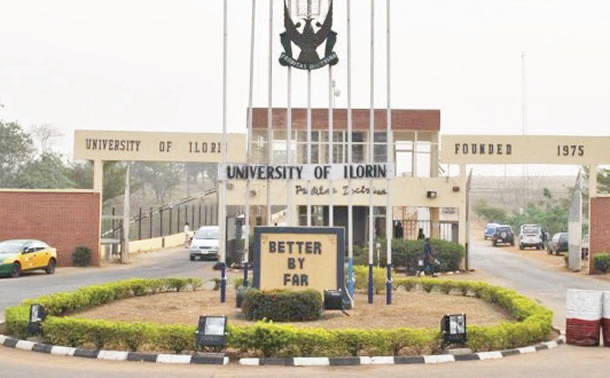Professor Munirdeen Ijaiya, an esteemed figure in the Obstetrics and Gynaecology Department at the University of Ilorin (UNILORIN), has introduced a groundbreaking surgical procedure for addressing Vesico Vaginal Fistula (VVF). This pioneering technique, dubbed “M. Ijaiya’s Technique,” targets the challenging juxtacervical VVF, specifically involving the anterior lip of the cervix by utilizing the posterior lip for effective fistula closure.
During the 243rd Inaugural Lecture titled “The Leaking Pipes as Avoidable Tragedy of Womanhood; The Odyssey of a Fistula Surgeon” held in Ilorin, Professor Ijaiya presented his research, shedding light on the distressing impact of VVF on women. This childbirth-related complication creates an abnormal fistulous tract between the bladder and the vagina, resulting in continuous involuntary urine discharge into the vaginal vault. It significantly impacts women’s quality of life, causing social problems due to continual wetness, odor, and discomfort.
Notably, this condition, affecting female urology, has been a longstanding concern, dating back through history. Professor Ijaiya highlighted that the root cause is linked to complications arising from obstructed labor during childbirth.
Disturbingly, an estimated 150,000 Nigerian women currently grapple with VVF, and approximately 12,000 new cases emerge annually. The prevalence is notable in the Northern part of the country, as well as in Akwa Ibom and Ebonyi in the Southern region. Factors contributing to this prevalence include socio-economic status, poverty, illiteracy, cultural practices, and resistance to cesarean deliveries.
The repercussions of VVF are severe, extending beyond the physical ailment to encompass psychological and social traumas. Patients endure self-esteem issues, strained relationships, societal ostracization, and painful sexual experiences even after successful fistula repair. Professor Ijaiya made a heartfelt appeal to the government to prioritize accessible, free, or affordable fistula repair services, especially for indigent individuals. He also advocated for organized outreach surgeries, pooling together expertise and resources to tackle this pressing issue and alleviate the suffering of affected women. Corporate entities, NGOs, universities, teaching hospitals, and compassionate individuals were encouraged to support the collective effort in fistula repair.


